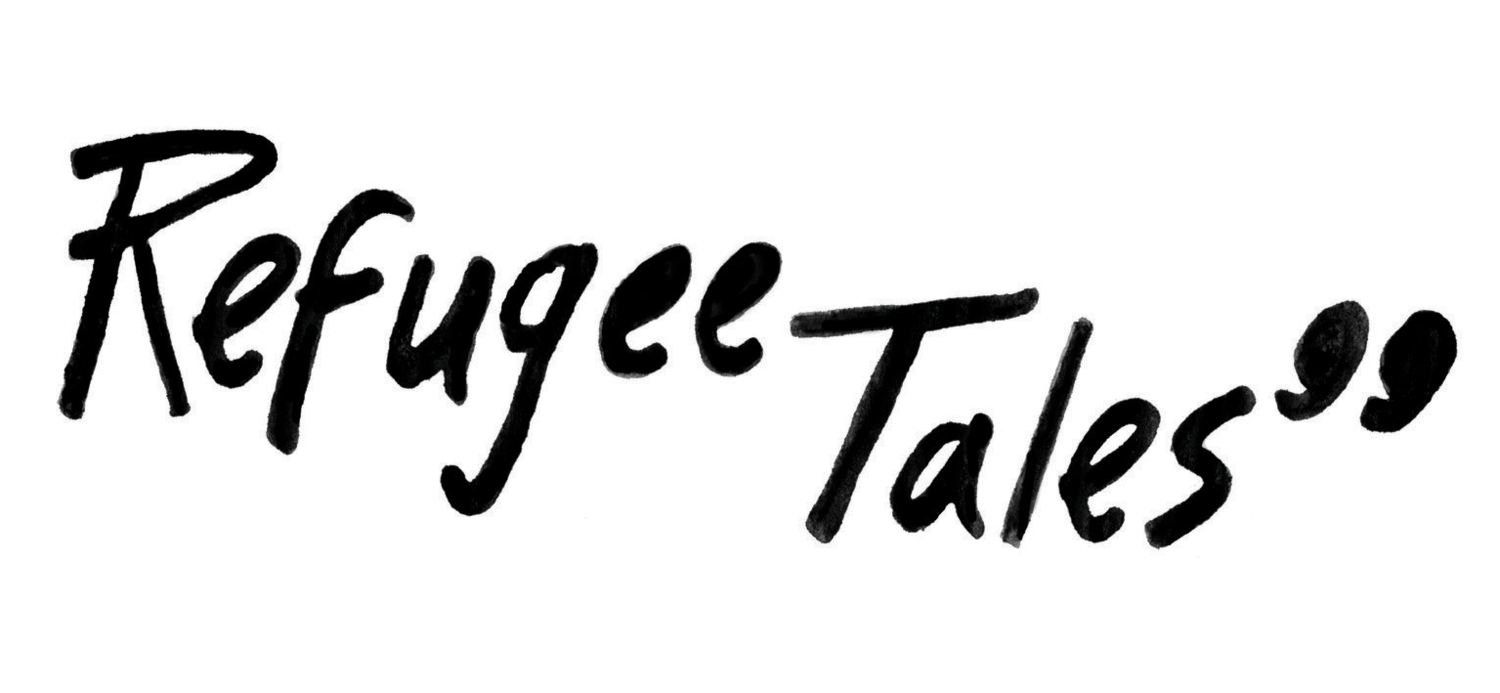Thoughts from the collective
Walking Inquiry zoom April 10, 2021
Why are people who have experienced detention not heard?
“The apparatus of detention depends on… silence” (David Herd)
In order for any voice to be heard there are two basic conditions that need to exist: The condition of the possibility of speaking and the condition of the possibility of listening (hearing).
What emerged from the April walking inquiry meeting is that both these conditions are systematically dismantled by the structures of detention making it almost impossible to speak and almost impossible to hear. (But not entirely impossible as the testimonies in the walking inquiry demonstrate). There is a calculated and parallel muting and deafening. It is therefore a structural and power-based problem, but it also reaches far deeper than that and into the human psyche - both of the silenced speaker and the deafened listener. What follows is taken from the discussions into these matters that were had at the walking inquiry zoom meeting of April 10 2021:
Speaking
At a very basic level it is impossible to speak from within detention because of language barriers and the effects of trauma and the simple fact that mobile phones are removed and communication is hindered within the system. This happens alongside and on top of the atmosphere of fear and distrust and is compounded by the policy of dispersal of the detained within and beyond the larger detention system. All of which deliberately disrupts any possibility of the creation of relationships, community and solidarity. Another purposeful result of this severing of connection is the dissolution of relationship ties that would foster an ability to share stories over time. This a general suppression of voices leading to desperation (as exemplified by the story of one detainee who went on an eight day hunger strike because they were so desperate that they could not be heard).
Speaking IN the system, that is, to those in authority is impeded by fear and panic (in itself necessary for the system to function), not least because this authority may be perceived as having control over the lives of the detainees and there is a fear that speaking out will affect the outcome of cases. There is a perception that people in power either don’t report or cover up any complaints or attempts to speak and that those who are doing the detaining do not wish these voices to be heard. This operates at all levels of the system, from policy makers to the employees on the ground and the media and can be seen as part of a wider destructive ‘cultural othering’ of refugees as part of certain political agendas.
Essentially, silencing is built into the structure of the detention apparatus. And it is relatively easy to achieve, not least because, the act of talking, even in ideal conditions is a complicated and extremely difficult and painful thing to do. There is also the understandable desire to not revisit these experiences which might bring out depression. Those who come out of detention may not want to speak about it and instead move forward with their lives as much as possible. This is the case with deep trauma: that those who can bear witness are often rendered unable to bear witness by the trauma itself. They are made further unable to do so by the weight of a repressive system that should be regarded as deeply shameful. Instead of providing the welcome and space that would enable those who have come to the UK escaping fear, trauma, loss and violence, to speak through their experience and begin a journey of healing, they are forcibly detained in a re-traumatising situation that causes further untold damage and deliberately buries their voices as it hides their bodies. The government is party to and instrumental in this apparatus of suppression and silencing, meaning that the public is actively prevented from hearing the stories of those with lived experience of detention.
Hearing
The population at large is prevented from hearing the voices of those who are being or have been detained. What are the further conditions for the deafening of the ears that might hear any voices that might make it out of the detention apparatus? Some suggest that the government plays on a general xenophobia which leads people to not listen or believe - essentially this is an idea of ‘Good old Britishness’, which calls for a suppression of the nations ‘guilty little secret’, if only because of a strong unwillingness to believe. The press is seen as generally not interested and as perpetuating a government line to keep it covered up. This line of thinking regards the public as not interested in hearing about other people’s problems. This services the general lack of understanding of what detention entails, for example, people do not understand that detainees are locked away without a trial. A big majority of people do not know about detention nor its indefinite nature. The hidden sneakiness of this is exemplified by the fact that those (ie journalists) who are allowed to visit detention centres, are let into a reception area that is decorated ‘like a holiday hotel’ but behind this façade are awful invisible conditions.
This is countered by a strong line (and the overwhelming experience of the Refugee Tales walks) that when individuals are spoken with, they are shocked and do want to listen and hear more. There is a sense that we need to provide people with this information. Statistical information and solid facts are required as well as an emphasis on the stories of real people that are the essential witnesses. More people with lived experience should be given the space and conditions to be able to tell their stories as a counterbalance to the repression.
The Walking Inquiry, by relentlessly and rigorously providing a space for witness to happen (unmuting and undeafening) enables an understanding of the systematic nature of what is going on.
—Benjamin Cousen
